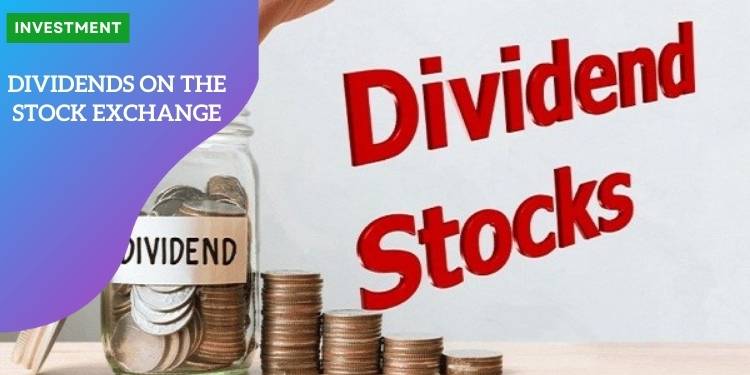Dividends on the Stock Exchange: Understand Everything About This Important Source of Income

Investing in the stock market can be an exciting way to make your money grow. But for many investors, understanding dividends is critical to a successful investment strategy. In this text, we will explore everything you need to know about dividends and how they work in the context of the stock market.
What Are Dividends?
In simple terms, dividends are payments made by companies to shareholders as a share of profits. These payments are a way to reward investors for their financial support of the company. When you buy shares in a company that pays dividends, you become a shareholder and, as a result, are entitled to receive a share of the company’s profits.
How Do Dividends Work?
Company Decision: The first step to understanding how dividends work on the stock market is to understand that not all companies pay dividends. The decision to distribute dividends or reinvest profits in the company depends on the board of directors and the company’s strategic objectives.
Important Dates: For investors who wish to receive dividends, it is essential to pay attention to some crucial dates:
– Declaration Date: This is the date on which the company officially announces the dividend amount and the registration date.
– Registration Date: This date determines who are the shareholders eligible to receive the dividend. You must be a registered shareholder on the record date to receive payment.
– Ex-Dividend Date: After the ex-dividend date, shares are traded without the right to receive the dividend. Anyone who purchases shares after this date will not receive payments.
– Payment Date: This is the date on which the company actually pays the dividend to registered shareholders.
Dividend Amount: The dividend amount is determined by the board of directors and is generally paid in cash per share. For example, if a company pays a dividend of R$1 per share and you own 100 shares, you will receive R$100 as a dividend.
Yield: The “dividend yield” is an important metric that indicates the percentage of the share price that you will receive as a dividend. It is calculated by dividing the dividend amount by the current share price. A high yield can be attractive to income-seeking investors.
Why Investors Like Dividends?
Passive Income: Dividends provide a source of passive income for investors, allowing them to earn money regularly without selling their shares.
Stability: Companies that pay dividends consistently are often considered more stable and mature, which can be a safe option for investors looking for stability.
Profit Sharing: Dividends allow investors to participate in the company’s profits, which can be especially rewarding.
Reinvestment: Many investors choose to reinvest dividends, purchasing more shares of the same company, thus increasing their ownership and, potentially, their future dividend payments.
However, it is important to remember that dividends are not the only way to make money on the stock market. Many companies choose to reinvest their profits to grow and increase the value of their shares. Therefore, the ideal investment strategy may vary depending on your personal financial goals and the market situation.
In short, dividends are an essential part of the investing world. They represent a way for shareholders to participate in company profits and constitute a source of passive income for many investors. Before investing in dividend-paying stocks, it’s crucial to do your research and understand the important dates and how the market works. With the right knowledge, dividends can become a valuable part of your investing strategy.






